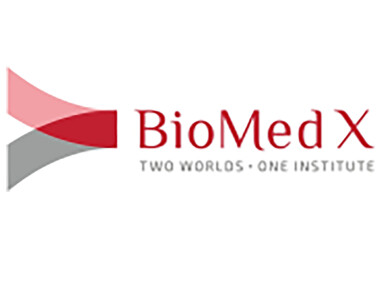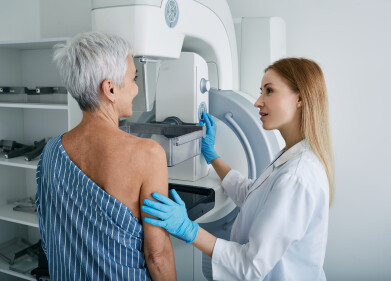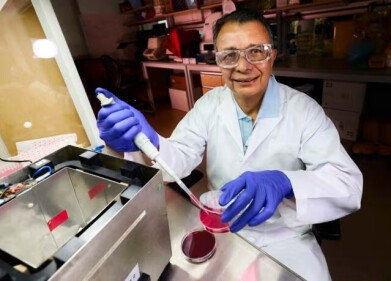-
.jpg) An injection moulded 'lamb chop' with wood being used as a replacement for the bone. Picture: Hebrew University
An injection moulded 'lamb chop' with wood being used as a replacement for the bone. Picture: Hebrew University -
.jpg) The Israeli Palestinian team at the Hebrew University of Jerusalem, [from left] Dr. Mohammad Ghosheh and Professor Yaakov Nahmias. Picture: Hebrew University
The Israeli Palestinian team at the Hebrew University of Jerusalem, [from left] Dr. Mohammad Ghosheh and Professor Yaakov Nahmias. Picture: Hebrew University
Research News
Tasting times: crafting the perfect bite of meat
Jan 16 2025
An Israeli Palestinian team from the Hebrew University of Jerusalem develops novel metamaterials for process of sustainable meat production using injection moulding
Engineers from the Hebrew University of Jerusalem, Israel, have pioneered the use of metamaterials to cost-effectively create whole cuts of ‘meat analogues’. The cutting-edge materials' science overcomes the challenge of replicating the texture and structure of animal flesh, offering a potentially scalable and cost-effective novel production method.
The researcher’s process differs from lab-grown, or so-called cultivated meat, where animal tissue has previously been grown using cellular scaffolds under laboratory conditions. The metamaterial-based ‘meat analogues’ use materials engineered through injection moulding that mimic the texture and structure of meat without using growing animal cells in the laboratory.
The metamaterial is made of composites whose properties arise from their structure rather than their chemical composition.
The team, led by Dr. Mohammad Ghosheh and Professor Yaakov Nahmias from the Hebrew University, developed ‘meat analogues’ that simulate the intricate architecture of animal muscle and fat. These analogues are produced using injection moulding ─ a high-capacity manufacturing process used elsewhere in the industrial production of polymers ─ marking the first time this technology has been applied to the production of sustainable alternatives to livestock farmed meat.
Blind taste tests conducted during the study showed participants unable to distinguish between a steak analogue and regular meat. This could represent a major step forward in bringing about consumer acceptance of sustainable protein alternatives, particularly for whole cuts, which represent more than half of all meat consumption worldwide.
“Our work demonstrates the untapped potential of metamaterials in food technology,” said Professor Nahmias.
“By harnessing their unique structural properties, we have developed a solution that is not only sustainable but also scalable, addressing the growing global demand for meat while mitigating its environmental impact,” he added.
ILM WEBINAR SERIES 2025 – BOOK NOW
The process relies on two novel metamaterials: a low-temperature meat analogue that replicates the fibrous texture of muscle tissue, and proteoleogel, a plant-protein-stabilised oleogel that emulates the structural integrity and cooking behaviour of animal fat.
When combined together, these materials can create complex meats, such as steaks or chops, with precision and a sensory fidelity that is very close to the livestock-sourced product.
Currently cultured meat production, which uses 3D printing methods, is slow and expensive. Injection moulding offers a quantum leap in both scalability and affordability. At scale, this production method could cut costs to US$9 per kilogram ─ which is around 25% of 3D printing costs ─ making sustainable meat alternatives more cheaply available to the wider consumer marketplace.
Livestock farming accounts for more than 30% of freshwater use on the planet. Innovations like this will contribute to the process of redefining a sustainable global food production ecosystem. Metamaterials could open up possibilities for designing food products that are as appealing to the diner as they are sustainable to produce.
For further reading please visit: 10.1038/s41467-024-54939-y
Digital Edition
Lab Asia 31.6 Dec 2024
December 2024
Chromatography Articles - Sustainable chromatography: Embracing software for greener methods Mass Spectrometry & Spectroscopy Articles - Solving industry challenges for phosphorus containi...
View all digital editions
Events
Jan 22 2025 Tokyo, Japan
Jan 22 2025 Birmingham, UK
Jan 25 2025 San Diego, CA, USA
Jan 27 2025 Dubai, UAE
Jan 29 2025 Tokyo, Japan


















